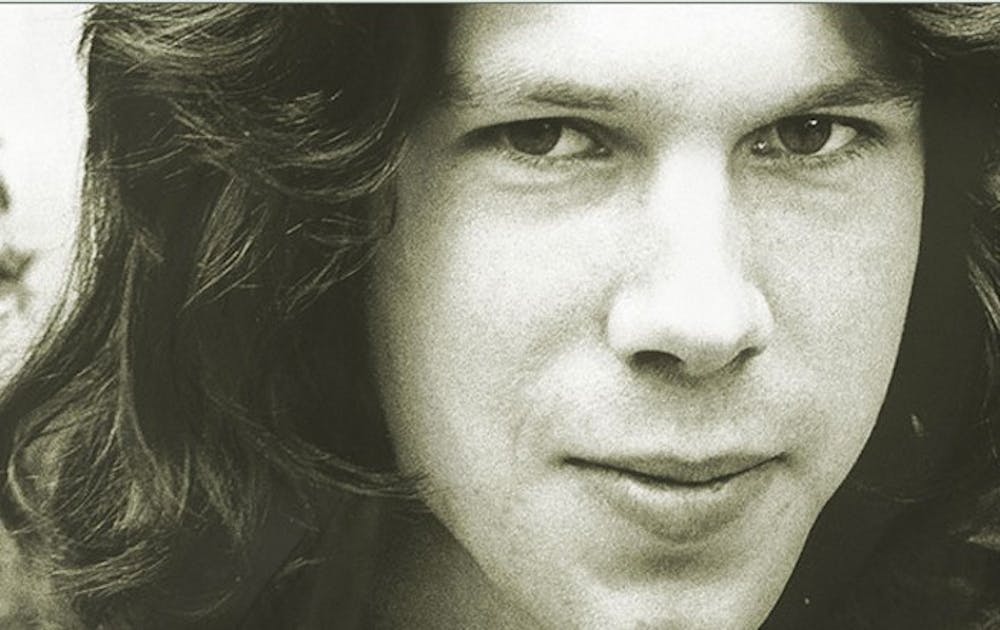This semester my admiration for Nick Drake has been obsessive. My iTunes calculates that I’ve spent over 72 hours listening to Pink Moon, my favorite of his albums. I’ve learned everything Wikipedia has to offer about his life story, his collaborators and his family. I’ve struggled daily to articulate why his music so compels me.
Listening to Way to Blue has helped me understand what about Drake is inimitable. The album best serves Drake’s legacy by establishing that many of Britain’s best folk musicians cannot match his music. Vocalists are painfully unsubtle. Guitarists too often conform to expectations of Drake’s music. Most tracks are painful imitations sapped of Drake’s mystique.
Drake’s albums invite shrewder listening. He very rarely exaggerates his voice to express emotion. Slight emphasis becomes a powerful tool. He eases through even the most wrenching melodies. On Way to Blue, vocalists strain their voices to capture comparable charisma. Luluc’s monotonous version of “Things Behind the Sun” has the vaguely overdramatized atmosphere of Jefferson Airplane’s “White Rabbit.” Scott Matthews’s Jeff Buckley-like emotivism overwhelms “Place to Be.” Vashti Bunyan’s “Which Will” is too tightly controlled and too mechanical. As Drake knew, pathos thrives on ambiguity.
Krystie Warren fares best. On “Time Has Told Me” she is reverent without becoming self-conscious. The instrument changes play to her strengths: the track is louder and more brazen without becoming overdone. Unlike the album’s pop and electric rock covers, Warren’s deep gospel properly respects Drake’s soulfulness. Likewise, Lisa Hannigan takes ownership over “Black-Eyed Dog” without fully eclipsing Drake’s withdrawn tune.
Maybe most of all, I’m unsettled by the fact that the album was recorded live. Throughout his life, Drake was too timid and too much of a perfectionist to perform live shows. None of his albums received recognition during his lifetime, and his very aura exudes loneliness and solitude. As a result, every moment of applause recapitulates the sense that the album has not been honest to Drake and his persona.
As I wrote earlier this year, the main struggle of a tribute album is to make a great artist newly relevant without performing second-rate versions of his or her work. With that as the litmus test, Way to Blue disappoints. Drake overshadows most of the tracks. The best-of strategy leads to an album that is choppy in comparison to Drake’s workmanlike studio albums. And it’s not clear what about Drake needs re-vision. His albums have slowly assumed their rightful place in the British folk canon, and this album does little to modify critical perceptions.
Get The Chronicle straight to your inbox
Signup for our weekly newsletter. Cancel at any time.

